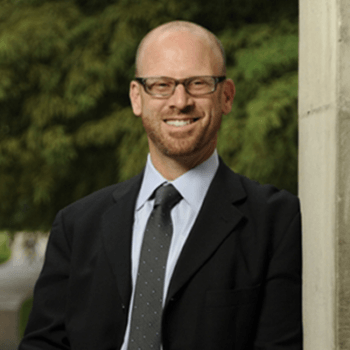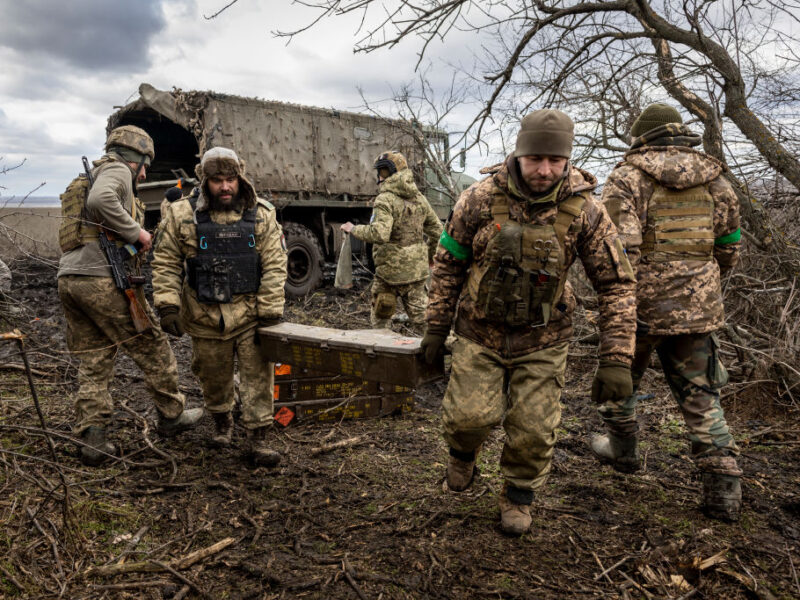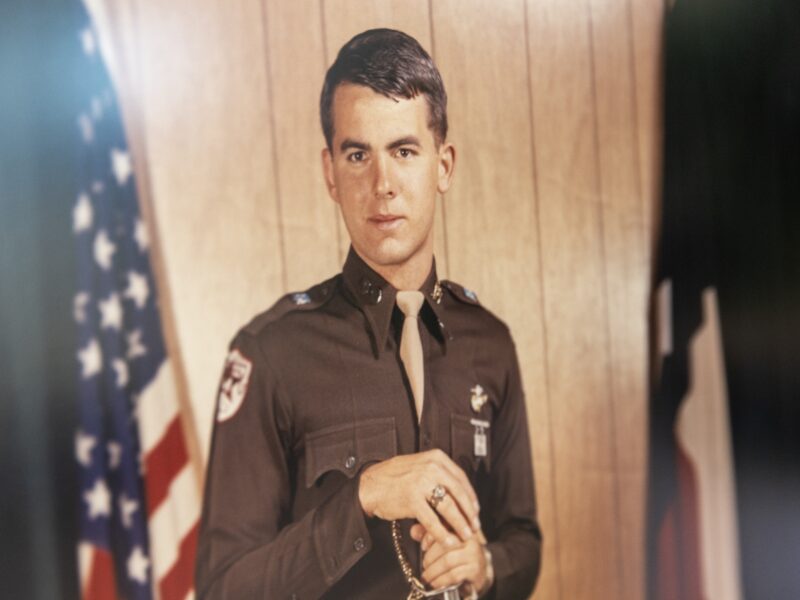How Stereotypes Affect Perceptions Of Gun Violence

The Medical Humanities Working Group in College of Liberal Arts will host Jonathan Metzl, the Frederick B. Rentschler II professor of sociology and psychiatry and the director of the Center for Medicine, Health, and Society at Vanderbilt University, on Dec. 1, 2016 from 4-5:30 p.m. in the MSC Bethancourt Ballroom.
The working group say they hope Metzl’s lecture, “Changing the Terms of Debate about Gun Violence: Mental Illness, Mass Shootings, and the Politics of American Firearms,” will challenge some misconceptions about gun violence.
“He’s going to show that some of the stereotypes we have—the lone wolf with mental illness, for example—are incorrect,” said Jessica Howell, an associate professor in the Department of English and convenor of the working group. “And by focusing on these stereotypes, our society missing a big chunk of the story of why gun violence actually occurs, and how to address it.”
According to Metzl’s research, only about 5 percent of gun violence is committed by mentally-ill lone attackers.
“Why do we use that model for how to remedy gun violence in our society?” Howell said. “By focusing on that stereotype, we’re ignoring a lot of people who suffer from gun violence in this country for a variety of social reasons.”
Tasha Dubriwny, an associate professor in the Department of Communication and the Women’s and Gender Studies program and a member of the working group, said, “He’s also interested in the policy ramifications. After a mass shooting, policies focus on preventing the mentally-ill population from getting a firearm, instead of addressing the many other places we can access a firearm. So there are real-world implications for this focus on the mentally ill.”
The medical humanities, also called health humanities, is a relatively new discipline, according to Howell, that brings together people of all disciplines to study cultural products related to health or illness. This new field is becoming more popular over time.
“I think that’s because it emphasizes the way that academic disciplines can collaborate in understanding health,” Howell said. “These are issues that we’ll all have to cope with in our lives, so it’s a way for us to understand them in a collaborative way.”
Howell said that the findings in medical humanities can be used to either affect policy changes, or to open up new philosophical and intellectual views on the issues of living and dying.
“The human experience is never just cultural or biological,” Howell said. “It’s both. Medical humanities allows us the opportunity to bridge those disciplinary differences around key questions that are relevant today.”
The working group is part of the Melbern G. Glasscock Center for Humanities Research, which is one of the largest endowed humanities research centers in the country. Working groups act as a forum for in-depth and research-related activities.
The event is co-sponsored by Aggie Agora, the Department of Communication, the Department of English and the Sociology Colloquium. It is free and open to the public; to attend, please register. For more information, email Medical Humanities Working Group.
This article originally appeared on the Texas A&M College of Liberal Arts website.





